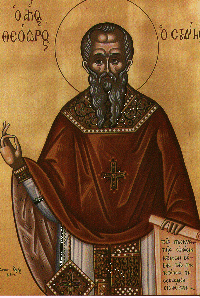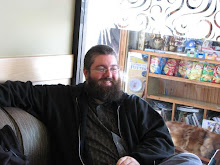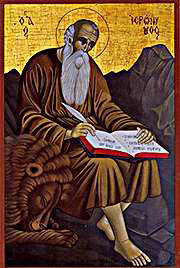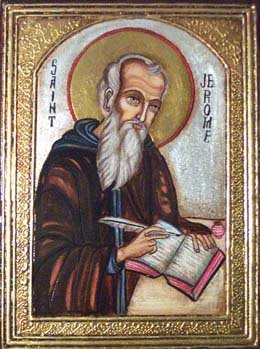Monastic Office of Vigils
Theodore the Studite: The Holy Spirit Comforts, Encouraging the Troubled Mind
PATRISTIC and Theodore the Studite Christ, comfort, fear, God, Holy Spirit, love, mind, paschal mystery,peace, redemption, struggles, Trinity, will of God 7:24 am
 By the grace of the Most Holy Spirit, we have been vouchsafed to celebrate Holy Pentecost—the descent of the Holy Spirit.
By the grace of the Most Holy Spirit, we have been vouchsafed to celebrate Holy Pentecost—the descent of the Holy Spirit.
Jesus Christ said of this descent: Nevertheless I tell you the truth; It is expedient for you that I go away: for if I go not away, the Comforter (that is, the Holy Spirit), will not come unto you; but if I depart, I will send him unto you.
Howbeit when he, the Spirit of truth, is come, he will guide you into all truth. (Jn. 16:7, 13).
This, His promise and benefit, is so great that we cannot even comprehend it: for the Lord promised to send not an Angel, not a man, but the Holy Spirit Himself.
Thus, having fulfilled the will of His Father, the Only Begotten Son ascends to heaven, and the Holy Spirit descends: not another God (never!), but another Comforter, as it is written.
O, the unutterable love for mankind! God Himself has become our Comforter.
Thus, He Himself comforts those who are weighed down by misfortune, prevents them from becoming exhausted in spirit, as the Holy Apostle testifies, saying:
Our flesh had no rest, but we were troubled on every side; without were fightings, within were fears. Nevertheless God, that comforteth those that are cast down, comforted us (2 Cor. 7:5–6).
He comforts the heart frightened by demonic fear, raising it up to invincible courage through bold hope, as the Prophet David testifies: For Thou, O Lord, hast holpen me and comforted me (Ps. 85:17).
He comforts, encouraging the troubled mind, as it has been given a feast with God and rest, as the Apostle testifies, saying:
as though God did beseech you by us: we pray you in Christ’s stead, be ye reconciled to God (2 Cor. 5:20); that is, have peace, with God.
Do you see the unsearchable condescension? Do you see the incomparable gift?
On high, in the Heavens, the Only Begotten Son intercedes for us before the Father, as it is written: Who is even at the right hand of God, who also maketh intercession for us(Rom. 8:34).
Below, on the earth, the Holy Spirit comforts us in many ways.
What shall I render unto the Lord, for all that He has rendered unto me? (Ps. 115:4).
Is it not true, what the psalm says: All my bones shall say, Lord, O Lord, who is like unto Thee?
Delivering the beggar from the hand of them that are stronger than he, yea, poor man and pauper from them that despoil him (Ps. 34:11).
And again, My help cometh from the Lord, Who hath made heaven and the earth (Ps. 120:2).
Unless the Lord had brought me up, my soul had well nigh sojourned in hades (Ps. 93:17).
The Lord is my helper, and I shall not fear what man shall do unto me (Ps. 117:6).
Theodore the Studite: (759-826) @ Pravoslavie.
Related:
http://www.vatican.va/holy_father/benedict_xvi/audiences/2009/documents/hf_ben-xvi_aud_20090527_en.html
http://www.anastasis.org.uk/theodore.htm
CATECHESES TO HIS MONKS










